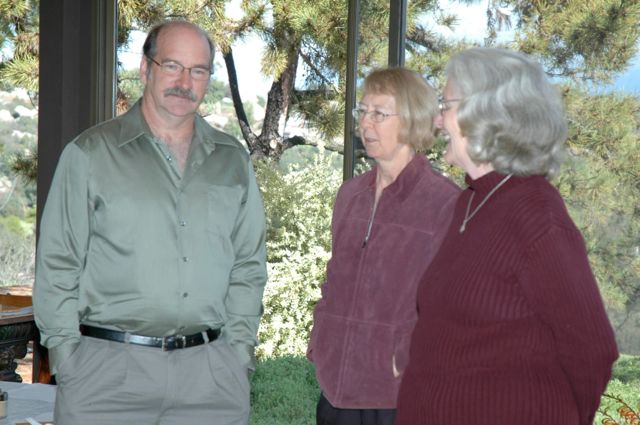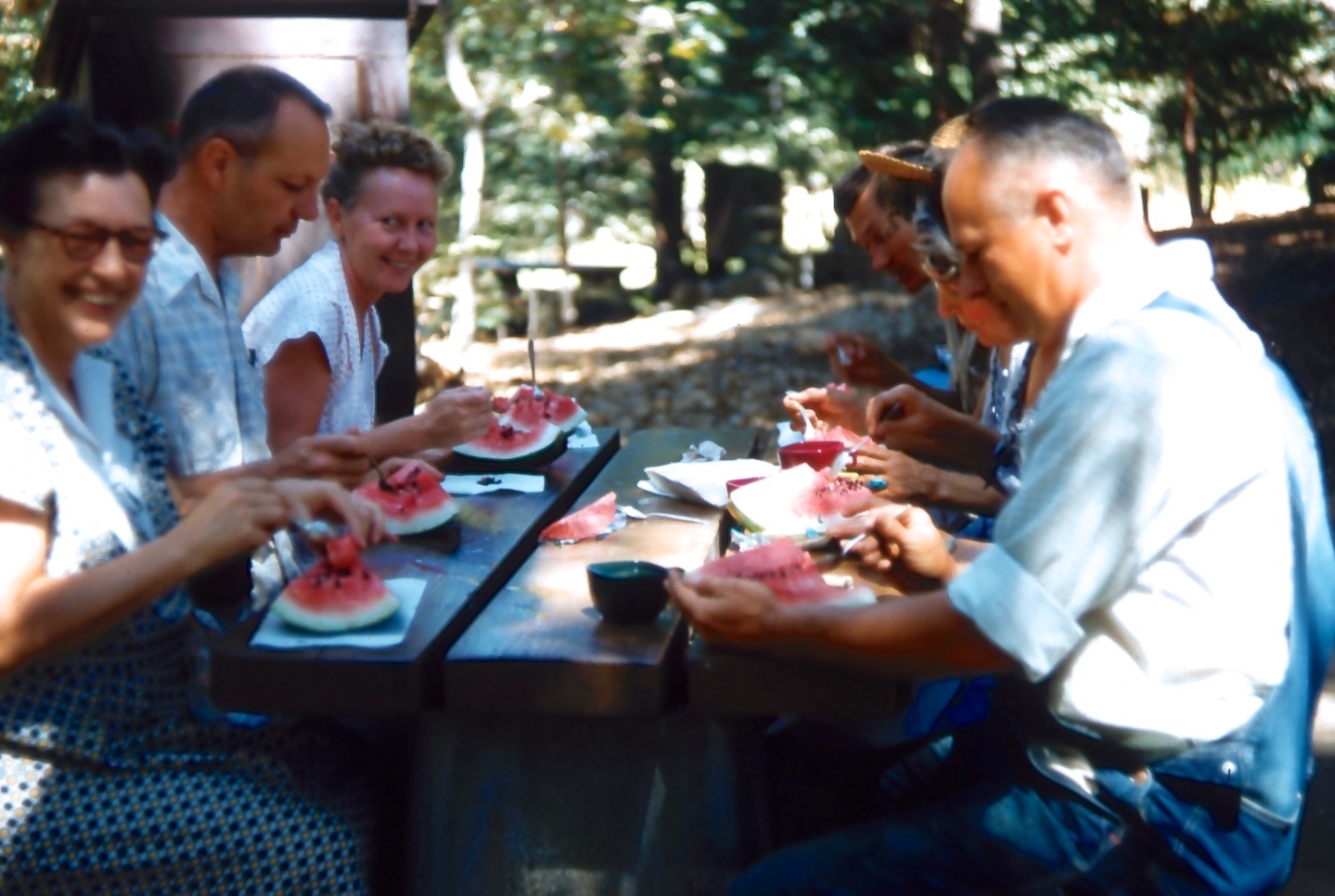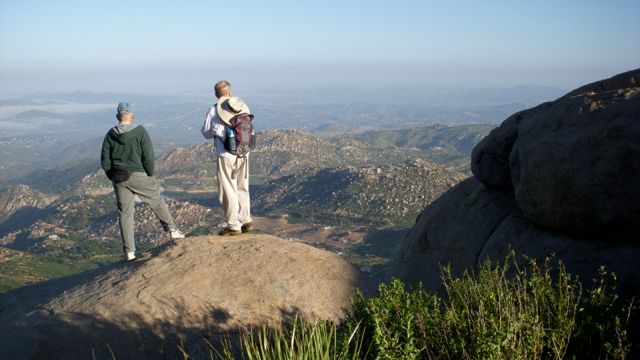We don’t see things as they are; we see things as we are. – Robert D. Stelle

A man drove up to the Lemurian Fellowship and asked, “Will what I see in you convince me to study Lemurian Philosophy?” I didn’t feel I could answer that since we all look for different things in life. But we have a common need to feel secure, to be loved, and to be working toward meaningful goals. Obviously, this complete stranger could see no such things in me, and I understood his desire for some kind of proof. We’re sure people who talk to us often wonder, “Will what I see in you make a real difference to me?”
Even to try something that seems only good takes a leap of faith, and often we trust only our physical senses. Yet even this may not be enough. Many saw Christ heal the sick and the blind and raise a man from the dead, but didn’t go on to follow His word or His example. There is something deep within each of us we must get in touch with before we feel the driving urge to pursue the truth of God’s goodness and His help.
I tried to explain this sense of longing in those who are truly searching for the spiritual path that will fill their need. I felt that kind of longing when a friend suggested I could benefit from this study and I asked myself, “Will what I see in you lead me to the Lemurian study? What does this philosophy have that I need?” I decided it was at least worth trying, and how glad I am that I took that risk! I have been richly rewarded with peace, security, and the most worthwhile goals a person could hope for. Still, most people would probably not see or sense this about me, or my Lemurian friends, at a glance.
Lemurian students spend our lives striving to become ever better human beings, so of course we hope some of the worthy qualities we are trying to develop and express will become increasingly apparent to people. We hope you will find us friendly, helpful, and interested in you, for starters. And I hope that what I see in you is an earnest desire to explore the Lemurian path.
We sincerely want to answer your questions about what we do, how we live, and why you may want to look into this training in how to live more successfully. But answering these questions is often not easy, since people come to us from so many backgrounds and approaches and no one answer can satisfy everyone. But even if our answers raise more questions in your mind, that may be a good thing. You may not yet have come around to asking some of the questions the Lemurian Philosophy can help you answer.
We hope you will be patient with us if our first attempt to answer your question misses the mark. Because one of the truths taught in our Philosophy is that there is no such thing as an accident. There is a reason you have driven up the Fellowship driveway, taken the road to Gateway, struck up a conversation with a Lemurian student, or found us on Facebook or Twitter, Pinterest or Reddit. It’s one of those rare times of unusual opportunity, when your life could change in surprising and beneficial ways, as ours have. If we can give you a hint of that possibility, we will have accomplished what we hoped to do in talking with you, and the rest, of course, is up to you.


